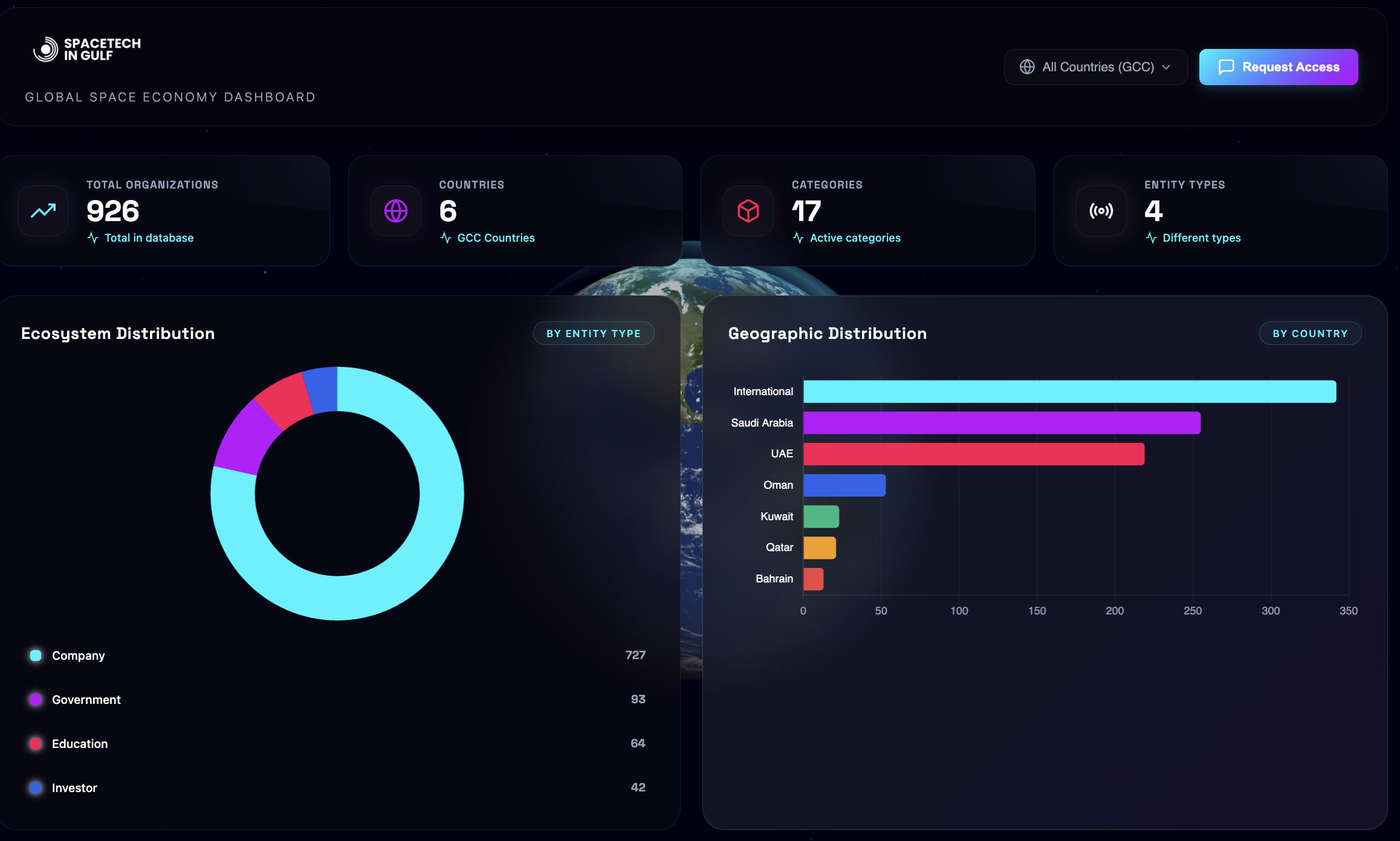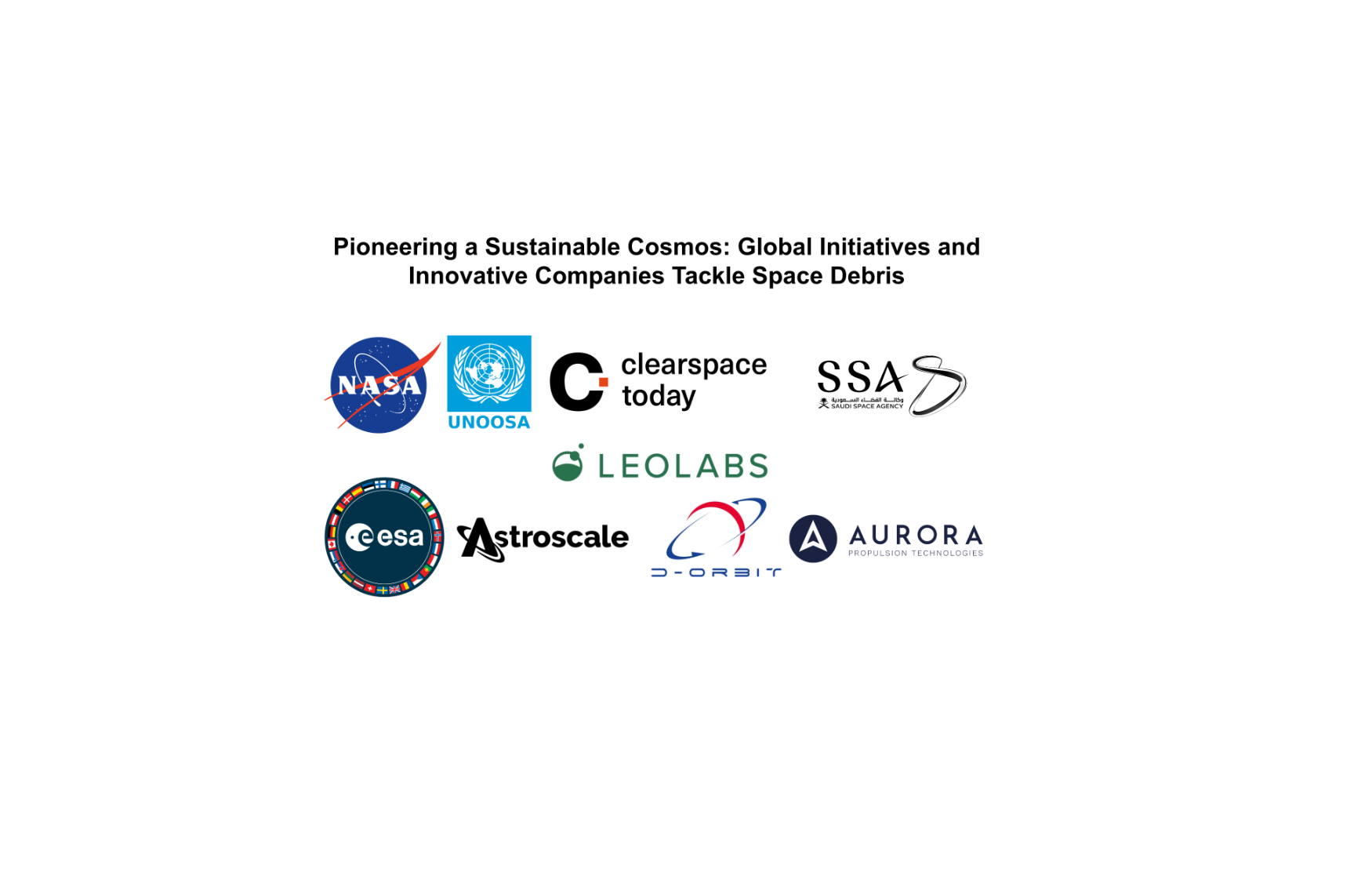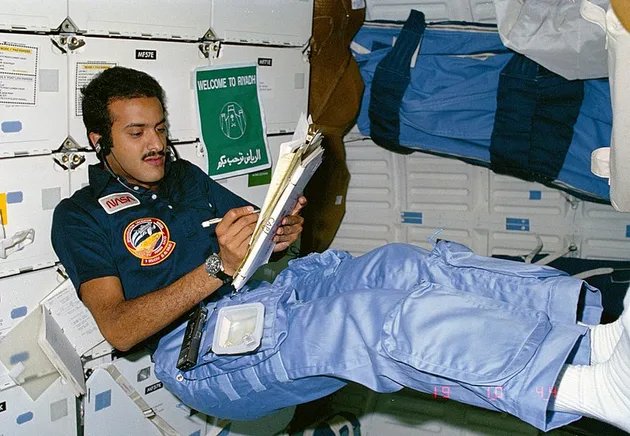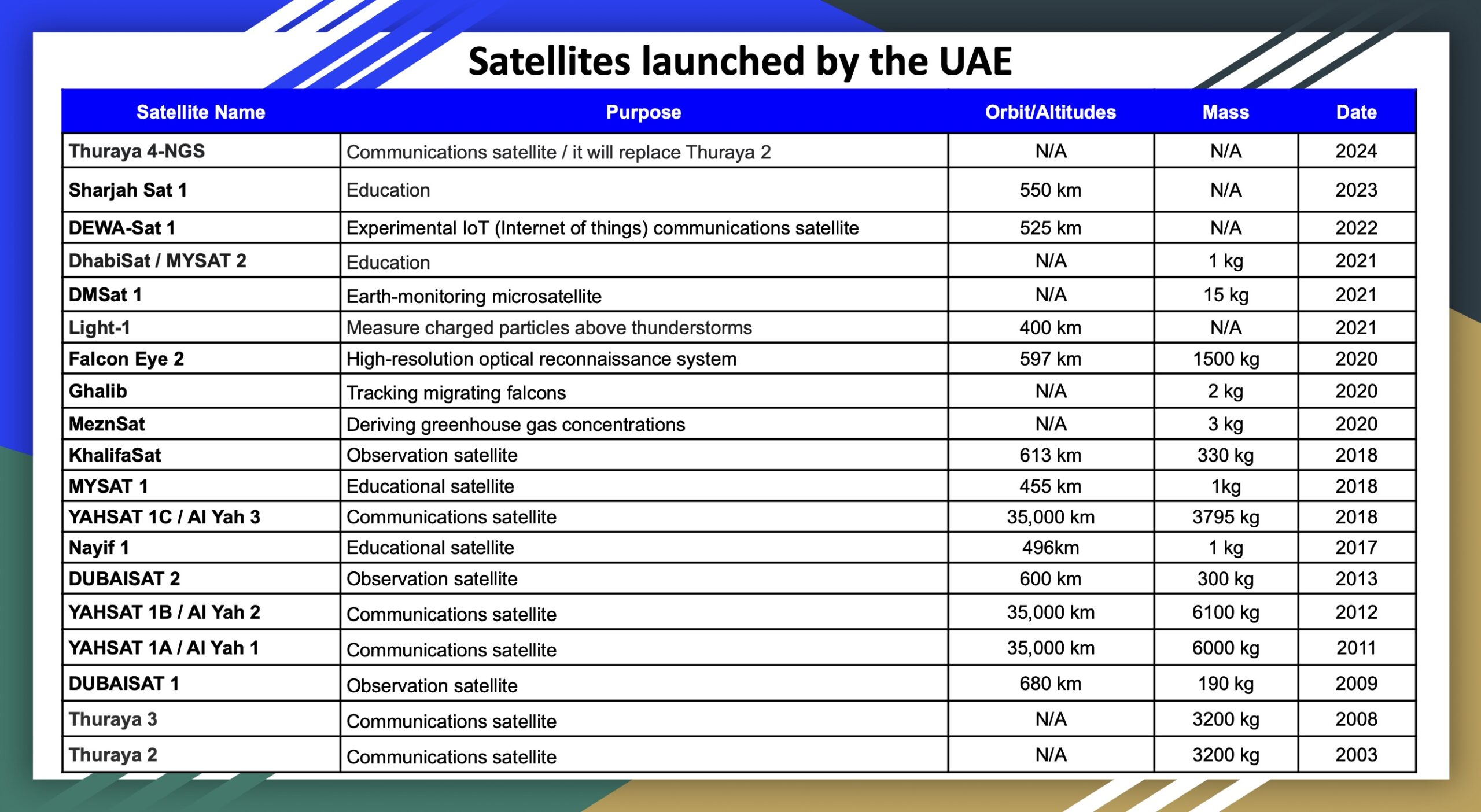
Pioneering a Sustainable Cosmos: Global Initiatives and Innovative Companies Tackle Space Debris
In the ever-evolving landscape of space exploration, the challenge of space debris has become a focal point, prompting innovation and collaboration on a global scale. As we venture further into the cosmos, managing space debris has never been more critical. This article highlights the impactful efforts of international organizations and cutting-edge companies dedicated to mitigating and managing space debris, ensuring a cleaner and sustainable orbital environment.
Global Initiatives for Space Sustainability
1. European Space Agency’s (ESA) Clean Space Initiative
The ESA stands as a global beacon for collaboration and education on space debris through its Clean Space Initiative. Beyond mere information dissemination, the initiative employs captivating educational materials and outreach programs to inspire a diverse audience. By fostering a deep understanding of the impact of space debris, ESA actively engages educational institutions, space enthusiasts, and the public, promoting shared responsibility for a sustainable cosmos.
2. NASA’s Orbital Debris Program Office
NASA takes a proactive stance through its Orbital Debris Program Office, providing valuable insights globally. Workshops, webinars, and public forums are part of a multifaceted educational strategy, empowering individuals and organizations to contribute to ongoing efforts. Collaboration with international partners ensures a collective approach to address the challenges posed by space debris, contributing to a safer and more sustainable space environment.
3. United Nations Office for Outer Space Affairs
UNOOSA plays a crucial role in fostering international collaboration through diplomatic channels and collaborative initiatives. Serving as a neutral platform, UNOOSA brings nations, organizations, and communities together to establish responsible behavior guidelines for space activities. This diplomatic effort emphasizes shared responsibility in preserving the space environment for future generations.
4. Saudi Space Agency
The Saudi Space Agency has emerged as a key player in addressing space debris challenges. By holding the space debris conference in Saudi will contribut significantly to the global dialogue on sustainable space practices. Through collaborative discussions and initiatives, the Saudi Space Agency emphasizes the importance of international cooperation in tackling the growing issue of space debris, showcasing their commitment to fostering a responsible and sustainable approach to space exploration.
Trailblazing Companies Shaping the Future
1. Astroscale
A Japanese company at the forefront of space debris removal, Astroscale revolutionizes methods by capturing and removing defunct satellites and debris. Their use of robotic spacecraft equipped with magnetic capture modules sets a precedent for responsible space debris management. Astroscale collaborates globally to develop comprehensive solutions addressing the growing challenge of space debris.
2. ClearSpace
This Swiss startup specializes in space debris removal, exemplified by the groundbreaking ClearSpace-1 mission. Designed to capture and deorbit a Vespa payload adapter left in orbit, ClearSpace showcases a commitment to active space cleanup. The company’s approach combines engineering excellence with a strong commitment to overall space sustainability.
3. LeoLabs
U.S.-based LeoLabs provides advanced tracking services for space debris, employing ground-based radar systems with unparalleled precision. Their role in collision avoidance efforts ensures the safety of satellite operators and space agencies globally. LeoLabs actively collaborates with international partners, providing critical data and insights for a comprehensive space situational awareness network.
4. D-Orbit
An Italian company, D-Orbit offers innovative solutions for end-of-life satellite removal and in-orbit servicing. The D3 service focuses on decommissioning satellites and reducing space debris by safely moving them to a graveyard orbit. D-Orbit’s commitment to space sustainability is demonstrated through technological advancements that enhance the efficiency of satellite operations while minimizing long-term impact.
5. Aurora Propulsion Technologies
This Finnish company specializes in propulsion solutions for small satellites, contributing to space sustainability by enhancing deorbiting capabilities. Their focus aligns with the broader goal of mitigating space debris. Aurora Propulsion Technologies collaborates with satellite manufacturers and operators to integrate propulsion systems, reducing the risk of debris accumulation in critical orbital regions.
Global Commitment and Future Promise
The collaborative efforts of SSA, ESA, NASA, and UNOOSA underscore the global commitment to addressing space debris challenges. By actively engaging diverse audiences and fostering international collaboration, these organizations pave the way for responsible practices that ensure the sustainability of our shared space environment.
As we continue to explore and expand our presence in space, the joint efforts of global initiatives and pioneering companies serve as crucial pillars. This collaborative ecosystem navigates the complexities of space debris, promising a brighter future for space exploration. Responsible practices and innovative solutions are shaping a cleaner and more secure orbital frontier, ensuring a sustainable cosmic environment for generations to come. The intersection of global initiatives and trailblazing companies creates a powerful synergy that charts the course for a truly sustainable cosmos.

Abdullah AlGharrash, Co-Founder of SpaceTech in Gulf
About the author: Passionate Saudi Aerospace Engineer with years of experience in the space and jet engines industry, mentor at SGAC, researcher, and author in the space domain.
Email: AlGharrash@spacetech-gulf.com









